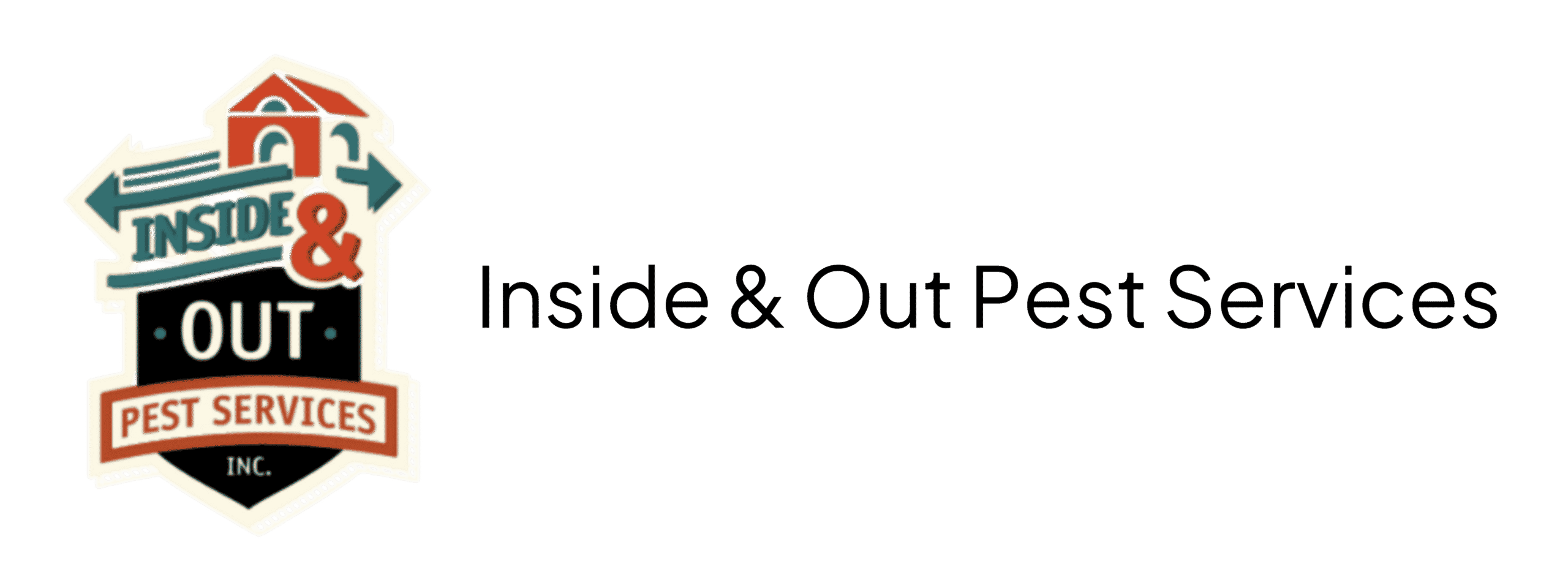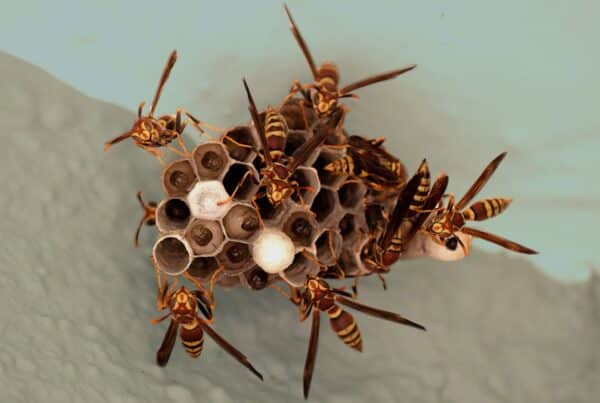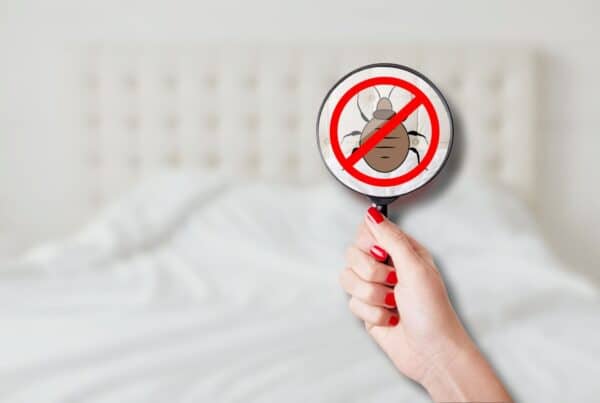If a possum shows up in your backyard, your pets are likely to notice before you do. Whether it’s a barking dog at the fence or a curious cat watching from the window, wildlife encounters are common in Florida neighborhoods. But are possums actually dangerous?
The short answer is that they usually avoid conflict. Still, possums can pose risks to pets under the right conditions. In this post, we’ll cover what those risks are, how possums and opossums differ, and what to do if they’ve been visiting your property.
Possums vs Opossums: What’s the Difference?
The word possum is often used as a catch-all for small, nocturnal mammals with long tails and pointed snouts. However, there’s an important difference.
- Opossums are native to North America. The species most common in Florida is the Virginia opossum, which is grayish-white and about the size of a house cat.
- Possums are native to Australia and nearby regions. They look similar in some ways but are smaller, furrier, and not found in the United States.
So if you live in Florida, you are almost certainly dealing with an opossum, even if everyone calls it a possum. For the rest of this post, we’ll refer to both terms, as many pet owners use them interchangeably when searching for answers.
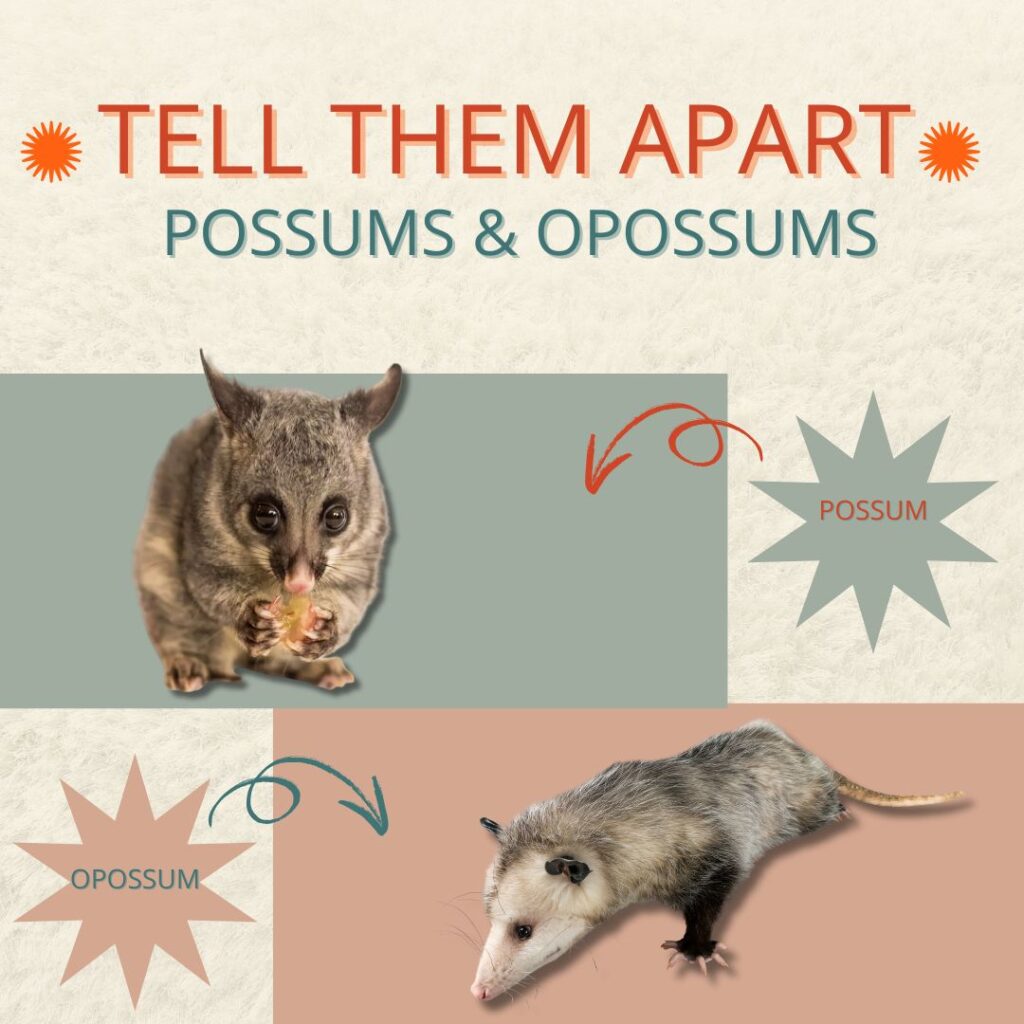
Can Possums or Opossums Hurt Pets?
Possums and opossums are not aggressive by nature. They are scavengers, not predators, and prefer to avoid conflict whenever possible. If they feel threatened, they may hiss, growl, bare their teeth, or play dead. Biting and scratching are usually a last resort.
That said, a cornered or frightened opossum may defend itself. This can happen if a dog charges it or a curious cat gets too close. While serious injuries are rare, the following risks do exist:
- Minor cuts or bites from defensive reactions
- Stress or anxiety in prey-driven pets
- Transmission of fleas or other parasites
- Bacteria or contaminants left behind in pet areas
Smaller dogs and cats are less likely to engage, but even large, friendly pets can get scratched if they push too far.
What Diseases or Parasites Do Possums Carry?
While possums and opossums rarely carry rabies, they can still spread other health concerns to pets. Most issues arise when pets come in contact with contaminated areas or share outdoor space with wildlife.
Key concerns for Florida homeowners:
- Fleas and ticks: Possums often carry external parasites that can transfer to pets and spread throughout the home.
- Leptospirosis: This bacterial infection spreads through urine and can contaminate soil, puddles, or water bowls left outside.
- Salmonella: Possums that rummage through trash or pet food may leave behind harmful bacteria.
- Sarcoptic mange: This skin condition is caused by mites and may spread between wildlife and pets through bedding, sheds, or decks.
The best way to prevent transmission is to limit your pets’ exposure to areas frequented by wildlife.
What to Do If Your Dog or Cat Interacts with a Possum
If your dog or cat has a close encounter with a possum or opossum, it’s important to act quickly and monitor for signs of injury or illness.
Here’s what to do:
- Separate your pet calmly and move them indoors.
- Inspect for injuries, especially bites, scratches, or limping.
- Clean minor wounds with warm water and soap.
- Call your veterinarian to report the encounter and ask if follow-up care is needed.
- Watch for signs of lethargy, loss of appetite, or discomfort over the next few days.
Even if there is no visible injury, your pet may have picked up fleas, bacteria, or other irritants.
How to Tell If a Possum Has Been in Your Yard
Possums are nocturnal and shy, but they often leave signs behind. If you notice any of the following, there’s a good chance one has visited your property:
- Torn trash bags or scattered food
- Droppings near fences or outbuildings
- Musty odors under decks or porches
- Tracks with long fingers or claw marks in dirt or mulch
- Sounds like scratching or movement at night
If the same possum returns night after night, it may have found shelter nearby.
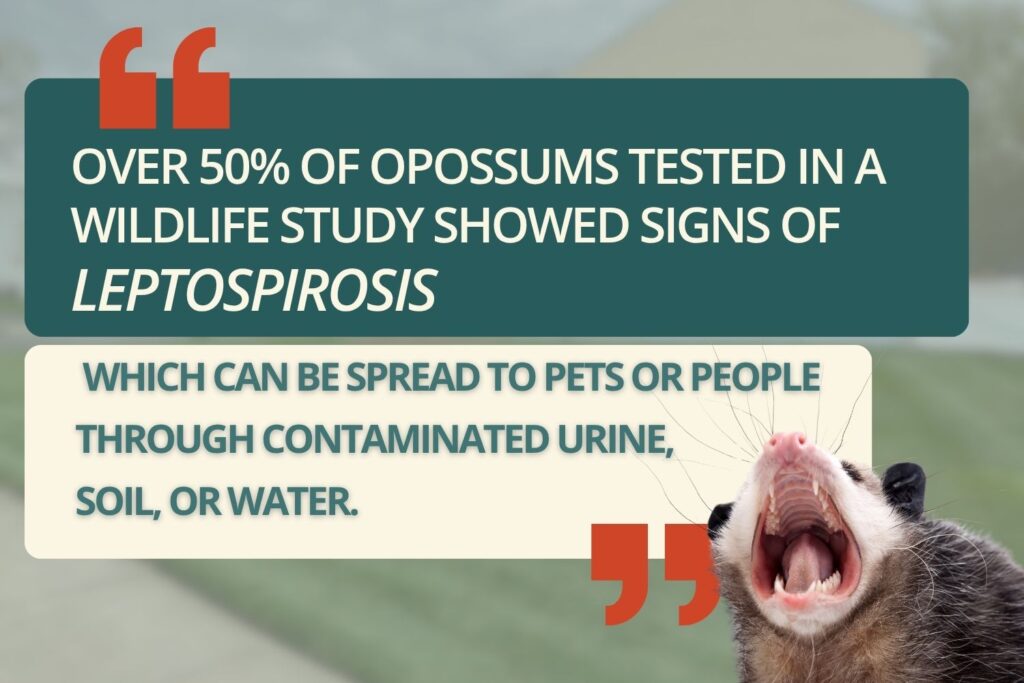
How to Keep Possums Away from Your Pets
In a wildlife survey, over 50% of opossums tested had antibodies for leptospira bacteria, indicating they may carry leptospirosis that can infect pets or humans.
The best way to protect your pets is to make your yard less attractive to possums. Focus on cutting off their access to food, water, and hiding places.
Tips for prevention:
- Bring pet food and water bowls inside each evening
- Keep trash cans sealed and stored securely
- Trim overgrown vegetation and remove woodpiles or debris
- Block off access under sheds, porches, or decks
- Use fencing or motion-activated lights to discourage nighttime visits
- Clean up fruit fallen from trees and uneaten bird seed
If possums continue to return or build nests near your home, professional removal is the safest option.
Frequently Asked Questions
Can possums or opossums attack small pets?
They do not attack unprovoked, but may defend themselves if chased or cornered. Bites and scratches are possible, especially if your pet tries to catch them.
Do possums attract other pests?
Yes. Possums may carry fleas or leave behind food waste that attracts ants, roaches, or other animals. If you’ve noticed an increase in pest activity, you may benefit from a full home pest inspection or flea treatment plan in addition to wildlife removal.
Are possums more dangerous than raccoons?
Raccoons are more likely to be aggressive and carry rabies. Possums are generally passive and carry fewer diseases, but can still pose risks through parasites and contamination.
Is it legal to remove or relocate a possum in Florida?
Possums can be trapped and removed, but relocation may require a permit. It’s best to leave this to a licensed wildlife control professional.
When to Call a Professional
If you are dealing with repeated sightings, noise under the house, or possums living on your property, it’s time to get help. You should contact a professional if:
- Your pet was bitten or scratched by a possum
- You find nesting activity near or under your home
- There are strong odors or droppings in pet areas
- You notice signs of infestation or animal damage
- You want safe, humane removal without harming the animal
Inside & Out Pest Services provides expert wildlife removal for homeowners in Jacksonville and surrounding areas. We help you resolve the issue quickly and prevent animals from returning.
Final Thoughts
Possums and opossums are not usually aggressive, but they can still create problems for your pets. While the chance of direct harm is low, the presence of parasites, bacteria, and contaminated outdoor spaces makes these animals a concern.
If you want to keep your pets safe and your property wildlife-free, prevention is key. Reach out to local experts who can help every step of the way.
